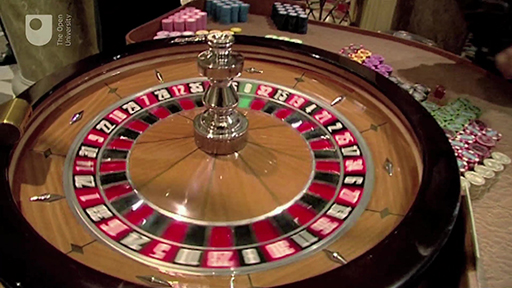1.2.1 Betting the house
Most of us like to have a gamble once in a while – even if it’s just buying a lottery ticket or backing a horse in the Grand National. How big is your appetite for risk taking? How much are you prepared to lose on a bet – £5? £20? £100? Maybe even £1000? Ashley Revell was prepared to take on a huge gamble. Was it bravery or madness?

Transcript
Activity 1
Would you say you’re risk averse? Or are you a risk taker?
What factors or changes to your circumstances might affect your answer?
Go to the fact find and log your appetite for risk in relation to your three goals.
Discussion
The video on ‘betting the house’ depicts an extreme, high-risk and, in truth, reckless way of managing money and making financial decisions.
The reality with financial decisions is that there are many shades of risk taking between being completely risk-averse to being prepared to take on higher risks that can deliver higher returns. In fact some decisions that may seem risk-averse, like leaving savings in an instant access account offering a low, but guaranteed, return expose you to the risk that the balance of your savings may grow more slowly than the rate of price inflation, thereby reducing, over time, the value of goods your savings can buy.
We’ll learn more about how inflation impacts our personal finances in the second week of the course. Later we’ll look at the historical evidence about the correlation between risk taking and returns.
The picture you’ll get by the end of the course is that working out what risks are worth taking is more complex than, at one extreme, deciding to put your life’s savings on a single bet at a casino or, at the other extreme, just leaving your saved money in your bank account.
